Nicotinamide Mononucleotide:
Is the NMN Molecule the Answer to Longevity and Vitality?

Tânia Marante | Posted on April 15, 2024
Introduction
Is feeling tired all the time becoming your new normal? Well, join the club. It’s not just you. Half of the world’s population is exhausted and suffers from energy depletion as the years go by, a common thread linked to aging and aging-related diseases.
As we get older, maintaining our vitality and well-being becomes increasingly essential. Nowadays, there is a whole industry around youth, youth practices, and ways to delay aging.
While aging is a natural process, researchers continually explore ways to enhance our healthspan and promote healthy aging for active, longer lives.
Which brings us to the topic at hand. There is a molecule that shows actual, real promise in this field.
What is Nicotinamide Mononucleotide?
In recent years, a fascinating molecule has emerged as a potential ally in the fight against age-related decline: Nicotinamide Mononucleotide (NMN).
NMN plays a crucial role in the body’s energy production and cellular repair processes. It’s naturally found in small amounts in certain foods, such as:
- avocados,
- broccoli,
- and cabbage.
It serves as a predecessor, which means it leads to the development of nicotinamide adenine dinucleotide (NAD+), a coenzyme involved in various cellular processes, including energy and metabolism, DNA repair, and gene expression like blood glucose regulation for insulin control.
Supplementation has shown promising anti-aging effects in animal studies due to its potential to increase NAD+ levels, which may have anti-aging and health-enhancing effects, according to Ph.D. Christopher Shade’s article in the National Library of Science.
Can NMN reverse aging?
One avenue of research for reversing the biological clock focuses on the remarkable properties of Nicotinamide Mononucleotide (NMN) and its potential to turn the aging process upside down.
You read it right, upside down, as in reversing it.
Trials on Humans
Preliminary studies suggest that NMN may be the key to improving metabolism and overall health, potentially signaling a reversal of some age-related changes.
Human trials currently underway seek to unravel the full spectrum of benefits NMN may offer to individuals seeking to defy the passage of time. As Christopher Shade suggests, NMN appears to hold significant promise in reversing age-related decline, particularly in humans.
Shin-ichiro Imai’s research suggests that NMN supplementation may enhance adult human metabolism, potentially rejuvenating it to a level comparable to that of individuals ten or twenty years younger. Currently, Imai’s team is actively investigating NMN’s effects on human subjects.
Additionally, David Sinclair, renowned for his groundbreaking work on longevity, including studies on resveratrol, NAD+, and sirtuins, is conducting human trials involving NMN. Sinclair himself is taking NMN supplements and has reported remarkable improvements in his lipid profile and energy levels. At nearly 60 years old, his blood markers now resemble those of someone much younger, around 31 years old.
It’s important to note that while preliminary studies suggest potential benefits, research on NMN, particularly human trials, is still underway to understand the effects of NMN supplementation fully. The research mentioned here, including insights from Christopher Shade, still needs to validate these findings and ascertain the long-term safety and efficacy of NMN as an anti-aging intervention.
Examples of NMN’s Potential
Metabolic and Health improvements
NMN has shown potential in enhancing metabolic function and improving energy utilization and efficiency within the body. Revitalizing cellular metabolism holds promise in mitigating age-related decline and optimizing overall physiological performance. From strengthening mitochondrial function to enhancing insulin sensitivity, NMN’s repertoire of benefits can extend across multiple physiological systems, offering a comprehensive approach to rejuvenating the body from within.
Some of the NMN’s potential improvements include:
- Increased Energy Production: NMN supplementation has been associated with enhanced mitochondrial function, leading to improved ATP (adenosine triphosphate) production. This increase in cellular energy contributes to overall vitality and stamina.
- Improved Glucose Regulation: Studies suggest that NMN can enhance insulin sensitivity, allowing for better regulation of blood sugar levels. This effect may help prevent age-related metabolic disorders such as diabetes and metabolic syndrome.
- Enhanced Fat Metabolism: NMN has been shown to promote lipid metabolism, facilitating the breakdown of fats for energy production. This process can aid in weight management and reduce the accumulation of harmful visceral fat.
- Muscle Function Optimization: NMN supplementation may support muscle function by improving energy utilization and reducing oxidative stress. This can lead to enhanced muscle endurance and performance, particularly in aging individuals.
- Regulation of Metabolic Pathways: NMN is crucial in regulating various metabolic pathways within the body, including those involved in carbohydrate, lipid, and protein metabolism. By optimizing these pathways, NMN helps maintain overall metabolic health and function.
The Vital Role of Nicotinamide Riboside
Nicotinamide Riboside (NR) is a molecule intricately involved in the body’s complex web of cellular processes. Like NMN, NR is a precursor to nicotinamide adenine dinucleotide (NAD) to cellular energy production and DNA repair mechanisms.
Found in trace amounts in select foods, NR embodies the potential to rejuvenate our cells and restore youthful vigor.
Foods containing NR include:
- Milk and dairy products
- Yeast
- Vegetables
- Fruits
- Whole grains.
Just as NMN is capturing the media spotlight as the next big thing, NR emerges as a formidable ally in the battle against age-related decline. Research indicates that supplementation with NR may support NAD+ levels, offering a possible pathway to enhanced energy metabolism, DNA integrity, and overall cellular function.
Where to find NMN?
When it comes to sourcing Nicotinamide Mononucleotide (NMN) in large quantities, businesses often require reliable suppliers who can meet their specific needs. While NMN is naturally present in foods like avocados and broccoli, businesses seeking bulk quantities typically turn to specialized suppliers.
To ensure product quality and consistency, it’s essential for businesses to partner with reputable suppliers offering white-label NMN and bulk ordering options. These suppliers play a crucial role in supplying NMN for various industries, including pharmaceuticals, nutraceuticals, and cosmetics.
For businesses interested in purchasing NMN in bulk or exploring white-label options, online directories and b2b platforms like Pharmaoffer can be valuable resources for connecting with potential suppliers. If this is the case for you, visit our page and discover all our NMN suppliers here.
Potential Benefits of NR
- Revitalizing Cellular Metabolism: NR has shown promise in enhancing cellular energy production, optimizing metabolic pathways, and promoting efficient utilization of nutrients. By fueling the body’s energy demands, NR holds the potential to combat fatigue and restore vitality.
- Preserving DNA Integrity: As a precursor to NAD+, NR plays a crucial role in maintaining DNA integrity and promoting efficient DNA repair mechanisms. By safeguarding the genetic blueprint of our cells, NR offers protection against age-related genomic instability and cellular damage.
Like NMN, human trials are underway to elucidate the comprehensive spectrum of NR’s effects and its potential applications in combating age-related decline.
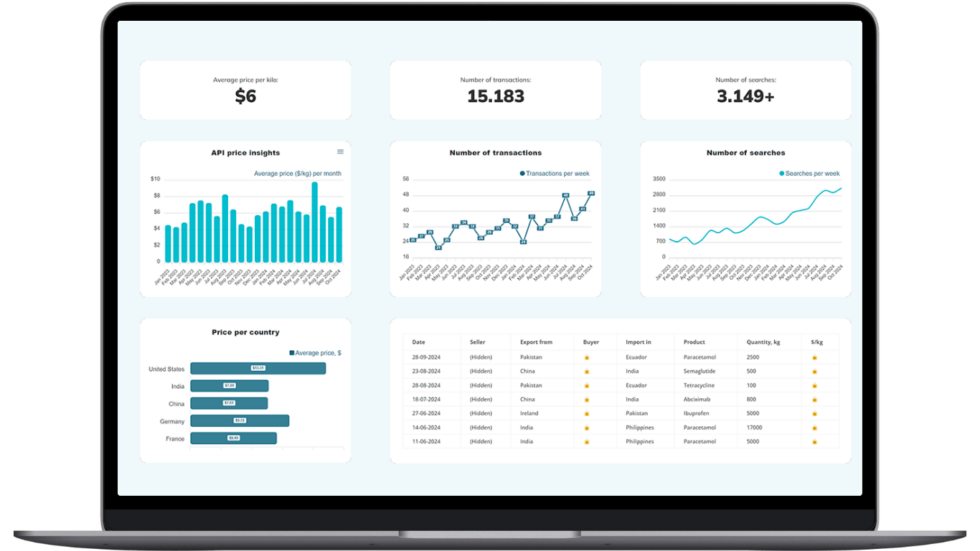
Make Smarter API Decisions with Data
Access exclusive insights on global API pricing, export/import transactions, competitor activities and market intelligence.
FDA Regulation of NMN in the United States
Despite the growing interest in NMN as a potential anti-aging supplement, its regulatory status in the United States faces significant challenges.
Since 2016, the U.S. Food and Drug Administration (FDA) classified NMN as a dietary supplement in the United States. However, in 2022, everything changed, and the FDA stated that NMN could no longer be marketed as a dietary supplement because it had been investigated as a new drug before it was sold as a supplement.
This decision came after Inner Mongolia Kingdomway Pharmaceutical Limited filed a new dietary ingredient (NDI) notification to the FDA for NMN, a necessary motion when brands want to market dietary supplements with a “new dietary ingredient” never marketed in the U.S. before Oct. 15, 1994.
As a result, manufacturers who market NMN products as supplements in the U.S. may be contravening FDA regulations.
Safety Considerations and Consultation
While NMN is generally deemed safe, it’s essential to be aware of potential risks and side effects associated with its use. A small 2021 study published in Frontiers in Nutrition revealed mild side effects among NMN users, such as abdominal pain, diarrhea, gas, and upper respiratory health issues. This underscores the necessity for additional research and a cautious approach when considering NMN supplements.
Conclusion
Embracing the Future of Anti-Aging with NMN and NR
The pursuit of vitality and well-being is just beginning to take center stage in our world, with all the different kinds of nutraceuticals available. This is why it is so important to be informed about your options and what studies say.
As we delve deeper into the realms of anti-aging science, we must ask: Are we, as a society, genuinely ready to redefine the narrative of aging? With the advancements in NMN and NR, aging may no longer be seen as an inevitable decline but rather as a journey of continuous growth and rejuvenation. This is only a possibility yet, but are we prepared to embrace this shift, both physically, morally, and socially?
The answer lies not only in scientific breakthroughs but also in our collective mindset. What does getting older mean? Do we want to avoid all altogether and be eternally young, or simply live active lives until we die? What is the potential impact of vitality in old age in our society?
As we consider this, we will undoubtedly be better prepared to explore the possibilities in the future.
Disclosure: The information presented in this article is intended for educational purposes only and should not be interpreted as medical advice. The content provided is based on research findings and expert opinions in the field of anti-aging science. Readers are encouraged to consult with qualified healthcare professionals regarding any questions or concerns about their health or the potential use of NMN and NR supplements. Additionally, it’s essential to recognize that individual responses to supplementation may vary, and further research is needed to fully understand the effects and safety of these interventions. This disclaimer is provided to ensure the integrity and accuracy of the information presented herein.
Is there a difference between nicotinamide and niacinamide?
Yes, there is a difference between nicotinamide and niacinamide, although they are both forms of vitamin B3. Nicotinamide is a derivative of niacin (vitamin B3). While both forms are essential for cellular energy production and metabolism, nicotinamide is primarily used in skincare products for its anti-inflammatory properties, while niacinamide is often used in dietary supplements for its potential health benefits.
Does nicotinamide mononucleotide (NMN) work?
Research on nicotinamide mononucleotide (NMN) is still ongoing, but preliminary studies in animals and humans have shown promising results in improving metabolic function, energy production, and overall health. While more research is needed to fully understand the effects of NMN supplementation, early findings suggest its potential as an anti-aging intervention.
How is nicotinamide mononucleotide (NMN) made?
Nicotinamide mononucleotide (NMN) can be synthesized through various methods, including chemical synthesis and fermentation processes. Chemical synthesis involves the chemical conversion of precursor molecules into NMN, while fermentation utilizes microorganisms to produce NMN from simple substrates. The production of NMN often involves stringent quality control measures to ensure purity and efficacy.
What are the potential side effects of NMN supplementation?
While NMN is generally considered safe, some users may experience mild side effects such as abdominal discomfort, diarrhea, or gastrointestinal issues. Additionally, long-term safety data is limited, and it's essential to consult with a healthcare professional before starting any new supplement regimen, especially if you have underlying health conditions or are taking medications.
Can NMN reverse aging?
Research on NMN's ability to reverse aging is still in its early stages, but preliminary studies suggest that NMN supplementation may help improve metabolism, energy levels, and overall healthspan. While NMN shows promise as an anti-aging intervention, more research is needed to fully understand its mechanisms of action and long-term effects on aging processes.
Why was NMN banned?
The FDA sent a warning letter to Elysium Health in 2015, a company marketing NMN as a dietary supplement. The letter stated that Elysium Health's claims about NMN's ability to treat, mitigate, or prevent diseases were not supported by scientific evidence.

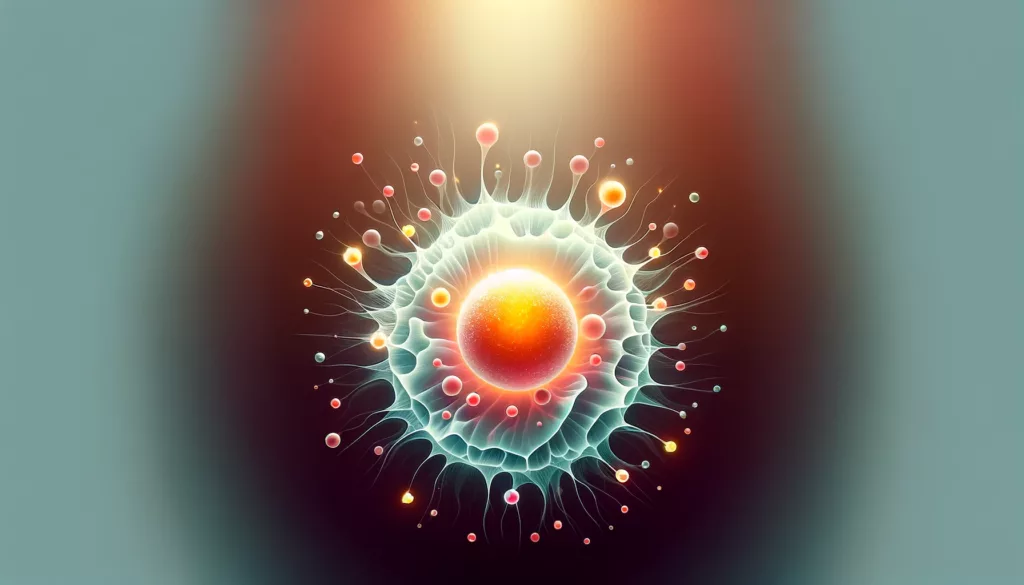
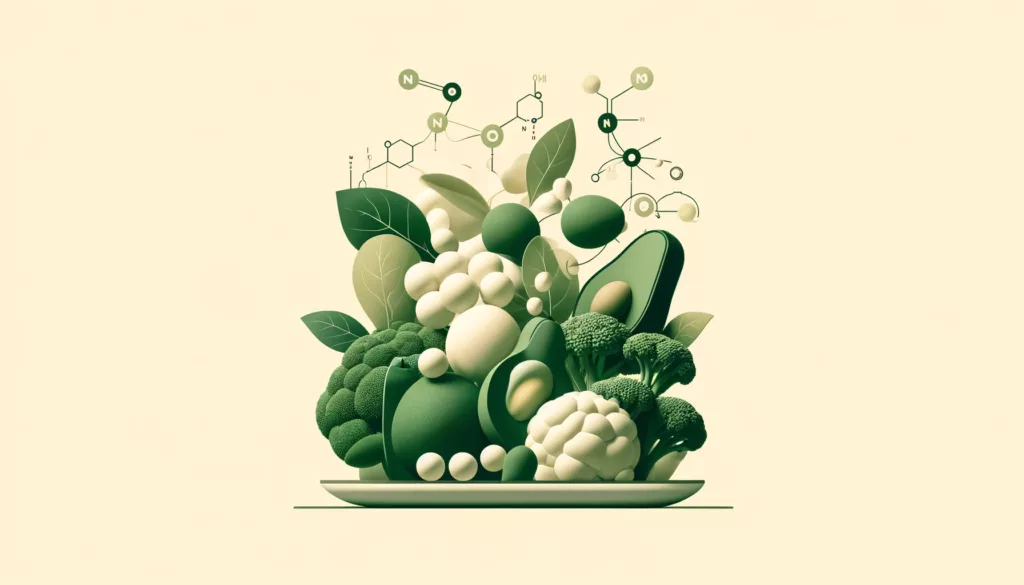
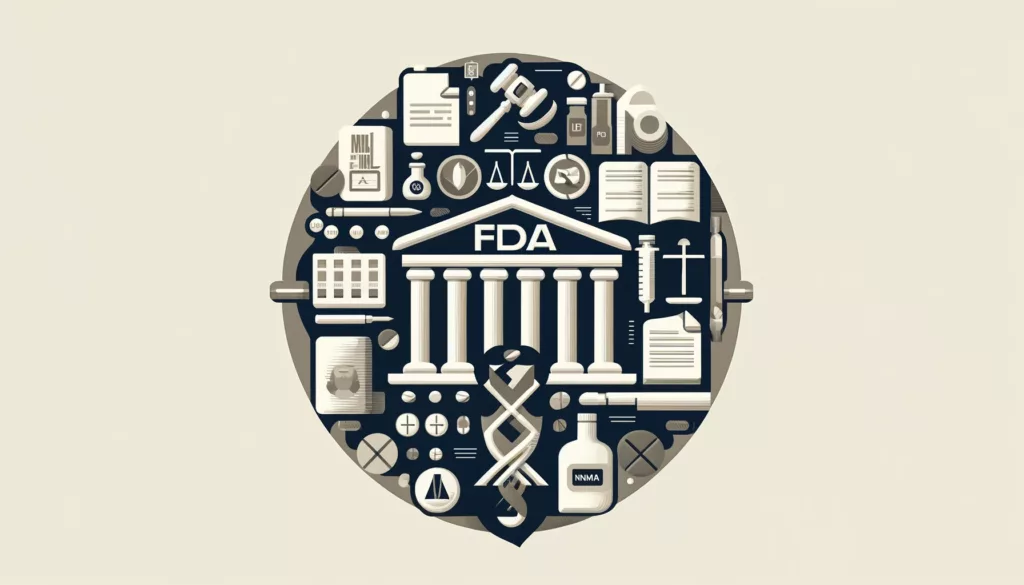

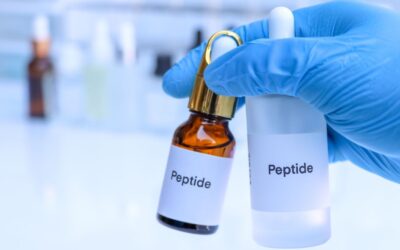



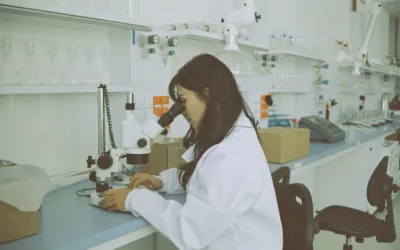
Check out all other blogs here!